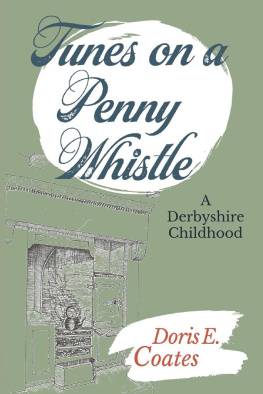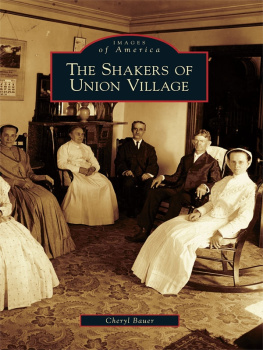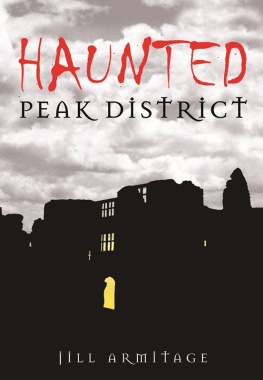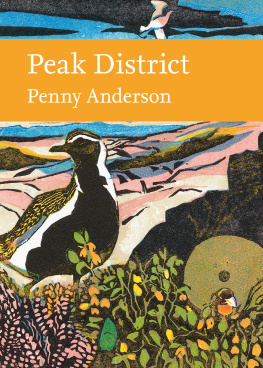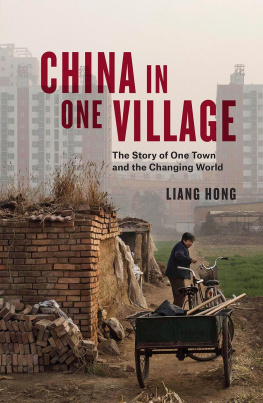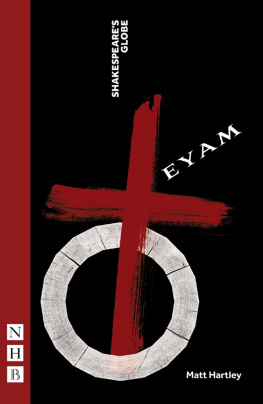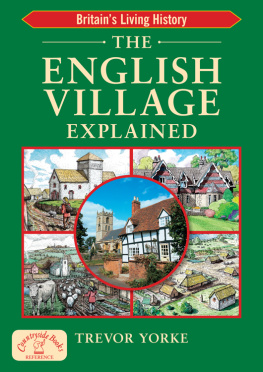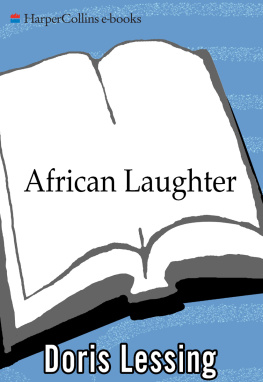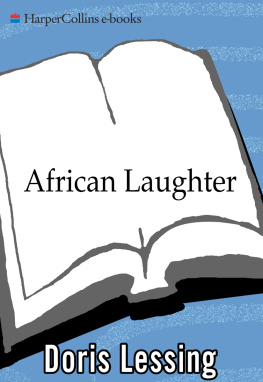Tunes on a Penny Whistle
A Derbyshire Childhood
Doris E Coates
Edited with additional material by Richard Coates

Published by The Harpsden Press 2017
Copyright 2017
First Edition published by Alan Sutton Publishing and Derbyshire County Council 1993
The author asserts the moral right under the Copyright, Designs and Patents Act 1988 to be identified as the author of this work.
All rights reserved. No part of this publication may be reproduced, stored in a retrieval system or transmitted, in any form or by any means without the prior consent of the author, nor be otherwise circulated in any form of binding or cover other than that with which it is published and without a similar condition being imposed on the subsequent purchaser.
ISBN: 978-1-9998236-1-0 - paperback
978-1-9998236-6-5 - ebook
CONTENTS
FOREWORD
My grandfather, Henry Dawson always known as Harry was a remarkable man to whom I owe a great deal. I regret that he died before I was born and that I never had the opportunity to talk to him.
Harry was born in the historic Derbyshire village of Eyam in the spring of 1870 and lived his full three score years and ten in Laurel Cottage, rented by his parents and grandparents before him and occupied by his son and grandson following. He worked for most of his life in the village, and would surely have continued to do so but for the dramatic events surrounding union recognition at the factory where he worked, described in detail in this book.
It may be thought that this was a somewhat self-circumscribed life, and might have led to a perspective on the world constrained by his poor rural working-class background. Not a bit of it.
Harry was largely self-taught after leaving the village school at the age of twelve and, throughout his life, played a leading role in many of Eyams musical, cultural, social and political activities. He wrote local news reports for the county newspaper. He didnt smoke or drink and saved up from meagre wages over many decades to buy a bicycle the first in Eyam, a Canadian Harmonium and, most remarkable of all, his beloved cottage.
One annual Wakes Week unpaid holiday, he and some friends cycled to London and back (160 miles each way!) to see the sights in the year of the Golden Jubilee. In subsequent years, they travelled to the Isle of Man, where he met and later married my grandmother, who he brought back to the village. Their two children Doris, my mother, and George were both born in the cottage.
Harry strongly believed that the route out of poverty for the working classes was through self-help and education. Long before women were allowed to vote, he encouraged my mother to take whatever routes the family could afford to develop her qualifications, culminating in her admission to Goldsmiths College in London to train as a teacher. After retiring from her lifetime teaching career, Doris wrote this book, which vividly describes her home and family, early life and the influences that motivated her own success in life.
Eyam is perhaps best known as the Plague Village and for its connections with the judge at the trial of Charles I, John Bradshaw. Tunes on a Penny Whistle adds another perspective, describing the social history of Eyam as a rural industrial village in the early years of the twentieth century.
For this new edition, I have made only a few changes to the original text, making use of extensive ancestry databases not available to my mother to verify or supplement stories known to her only by word of mouth. I have added a few additional illustrations from her copious archive to further enhance the narrative.
I trust that twenty-first century readers will be enlightened by this glimpse of life in the Peak District a hundred years ago.
Richard Coates
October 2017
INTRODUCTION
This account is based on my memories of rural life during the First World War and its aftermath. Though it is set in a Derbyshire village, it is of more than local significance. The picture portrayed could be equally true of a village in the Welsh valleys, or in the small spinning or weaving communities of Yorkshire and Lancashire.
Here one would find parishes that were not full of pastoral scenes based on farming, under the patronage of the landowner in the big house. They were outposts of industry, engaged in occupations usually centred on towns. The social structure was different, but they were close-knit communities, sharing the problems and pleasures of their age.
Working people then had few of the rights we have taken for granted today. There was no protection against bad employers, no unemployment pay or sick pay, no right to free medical care or secondary education, a limited electoral franchise and a tiny old-age pension at the age of seventy.
This sounds grim, but it was not a generation of miserable people. There was courage and resourcefulness, and often a great capacity for fun and simple pleasures. Self-help and mutual support was the order of the day and everyone worked together to alleviate hardship through such organisations as Friendly Societies, mechanics institutes, burial societies and nursing associations. The practical benefits of these organisations were usually combined with social pleasures. Then, of course, there were the churches and chapels and sports and pastimes. Perhaps in most communities there were characters like my father, always ready to take the lead and inspire others to greater effort.
I write this partly in tribute to this remarkable man who was always in the forefront of any activity. He worked long hours in a shoe factory, but lived life to the full, finding equal satisfaction in cycling round the surrounding villages collecting news items for the local press, conducting choirs, public speaking, taking parties of children for picnics, or playing his organ or penny whistle.
These country people hoped to combat social ills by industrial action, or through political movements, but they realised that only education would provide the key to a better future. It fell to their offspring to break down the barriers to this and to pave the way for better chances for others.
Doris E Coates
January 1983

Doris aged about four
CHAPTER ONE
Cottage Memories
Barlow for gentlefolk
Calver for trenchers
Middleton for rogues and thieves
And Eyam for pretty wenches
Traditional Derbyshire rhyme
Horse-manure 20p per bag. The sign was at a field gate in Wiltshire, but my mind was carried back over seventy years to my Derbyshire village of Eyam, when it was a minor triumph to be first on the scene with a shovel and bucket to clean up after the greengrocers horse and carry off our prize to the vegetable plot.
In those days, there were many opportunities to collect such booty. It was not until 1918 that the internal combustion engine had any impact on our lives, so we relied almost entirely on horses. Farm carts were a familiar sight in the village as they carried hay, turnips, potatoes or manure to and from the fields, or pulled up in front of one of the village shops to collect stores. The doctor did his rounds in a pony and trap. A great variety of goods was delivered to our doors. The baker and the butcher would arrive several times a week with their small, high-covered traps; grocers delivered even small orders on their open drays which were similar to those used by the coal man.

